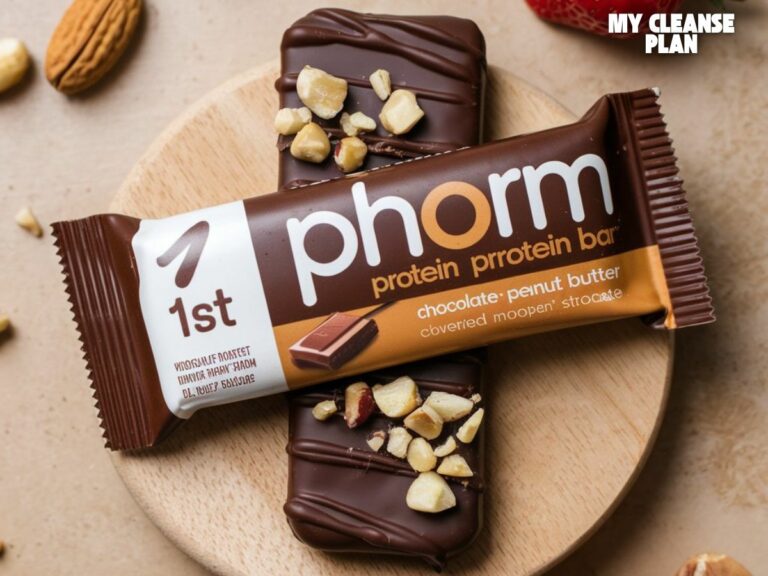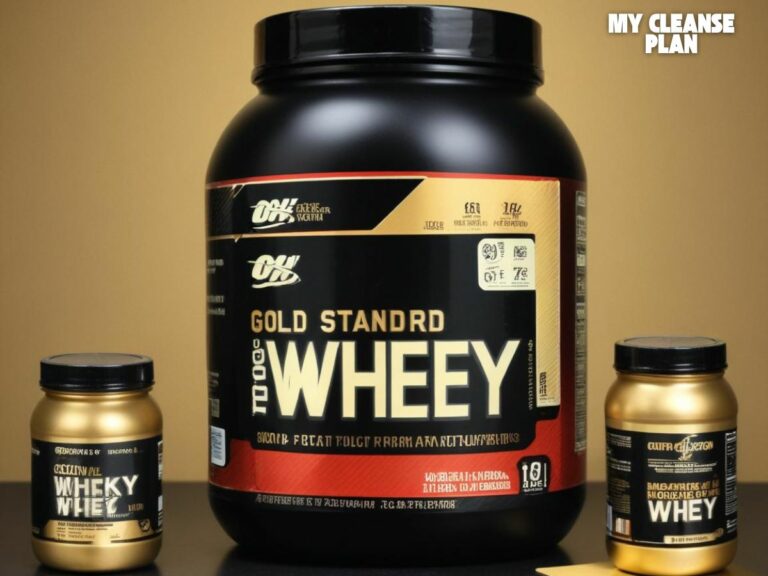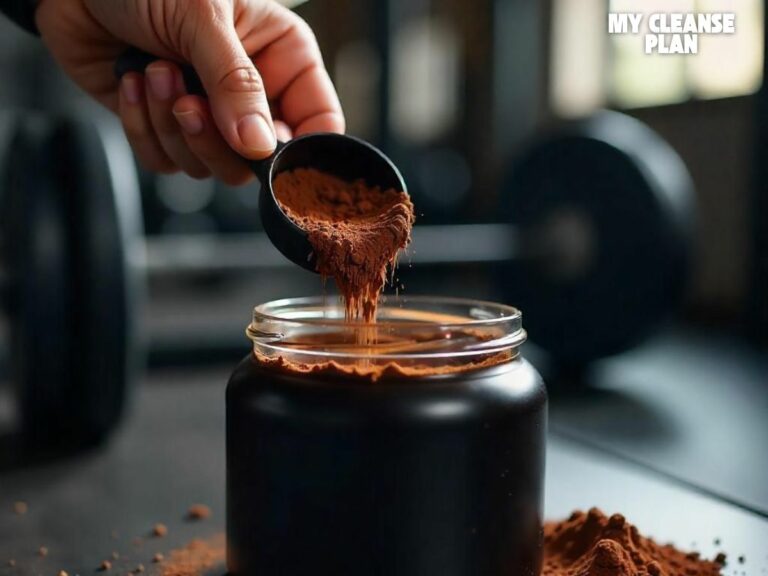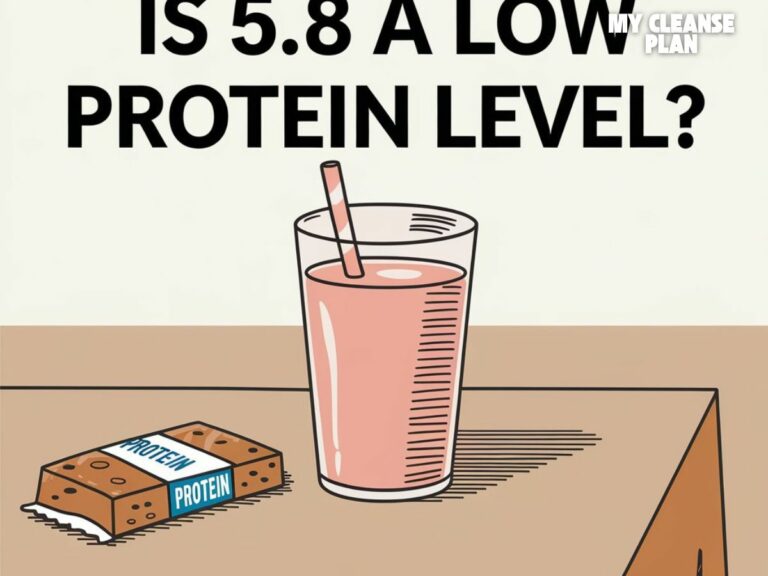Is Vanilla Whey Protein Good for You?
The vanilla flavor, in particular, stands out for its versatility and pleasant taste, allowing it to blend seamlessly into a variety of recipes and beverages.
But beyond its convenience and taste, many wonder: is vanilla whey protein good for you?
Vanilla whey protein is a popular choice for those looking to boost their protein intake, whether for muscle building, weight management, or overall health.
As a high-quality protein derived from milk, whey protein is known for its rapid absorption and complete amino acid profile, making it a favored supplement among athletes, fitness enthusiasts, and health-conscious individuals.
This article will explore the nutritional benefits, potential drawbacks, and overall impact of incorporating vanilla whey protein into your diet.
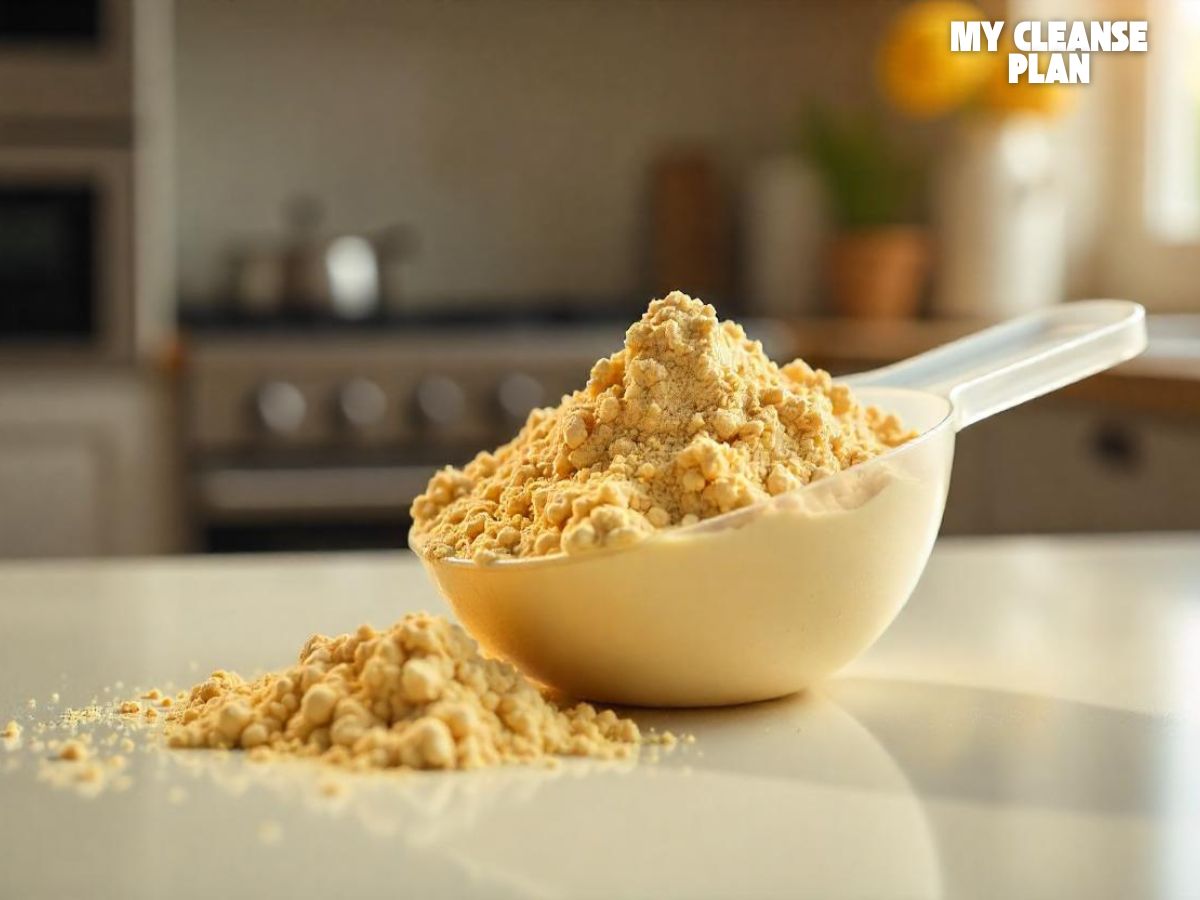
Nutritional Profile of Vanilla Whey Protein
Whey protein is a high-quality protein derived from milk during the cheese-making process.
Nutritional profile of vanilla whey protein is given below:
- High Protein Content: Provides 20-25 grams of protein per serving, essential for muscle repair and growth.
- Complete Protein: Contains all nine essential amino acids, supporting overall health and recovery.
- Low to Moderate Carbohydrates: Typically 2-5 grams per serving, including natural or added sugars.
- Low-Fat: Contains 1-3 grams of fat per serving, with minimal saturated fats.

2. Vitamins and Minerals
- Calcium: Supports bone health, providing 10-20% of the daily recommended intake.
- Magnesium: Aids in muscle and nerve function.
- Vitamin B12: Important for energy production and red blood cell formation.
3. Sweeteners and Additives
- Natural Sweeteners: Stevia and monk fruit offer sweetness without added sugars.
- Cane Sugar: Adds natural sugar, requiring moderation.
- Artificial Sweeteners: Sucralose and acesulfame potassium provide calorie-free sweetness, though some may prefer to avoid them.
- Thickeners and Stabilizers: Xanthan gum, guar gum, and lecithin improve texture and mixability.
Is Vanilla Whey Protein Good For You? Health Benefits of Vanilla Whey Protein
Some health benefits of vanilla whey protein are given below:
1. Supports Muscle Growth and Recovery
- Muscle Repair: Vanilla whey protein is rich in high-quality protein, essential for repairing and rebuilding muscle tissues after exercise. The quick absorption rate of whey protein helps deliver amino acids to muscles faster, promoting efficient recovery.
- Muscle Growth: The presence of all nine essential amino acids, particularly leucine, a key player in muscle protein synthesis, makes whey protein highly effective in supporting muscle growth.
2. Aids in Weight Management
- Promotes Satiety: Whey protein can help curb hunger by promoting feelings of fullness. Consuming it as part of a meal or snack can reduce overall calorie intake, making it easier to manage weight.
- Supports Fat Loss: Studies suggest that whey protein may help in preserving lean muscle mass while promoting fat loss, especially when combined with regular exercise and a balanced diet.
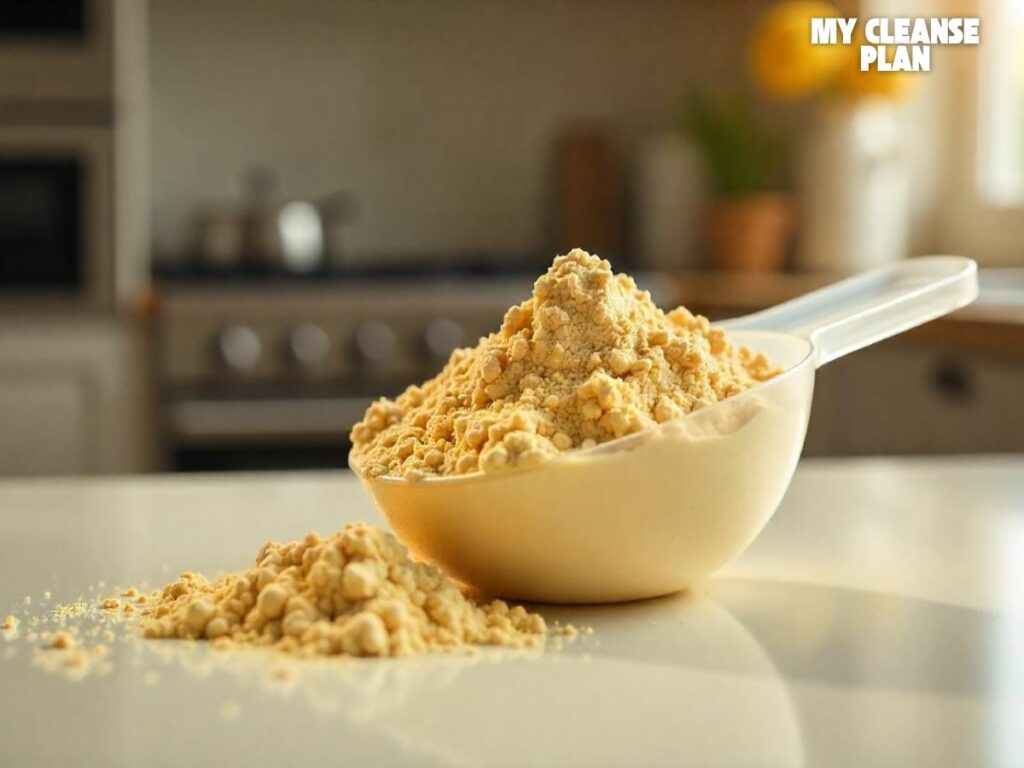
3. Rich Source of Essential Amino Acids
- Complete Amino Acid Profile: Vanilla whey protein provides all essential amino acids, which are crucial for numerous bodily functions, including muscle repair, enzyme production, and hormone regulation.
These amino acids support overall health, particularly in aging adults who may require more protein to maintain muscle mass and strength.
4. Boosts Immune Function
- Enhances Immune Response: Whey protein contains immunoglobulins and other bioactive compounds that can support immune function.
Additionally, its high content of cysteine can boost glutathione production, a powerful antioxidant that helps strengthen the immune system.
Vanilla Whey Protein: Considerations and Potential Drawbacks
Possible considerations and potential drawbacks of vanilla whey protein are given below:
1. Lactose Intolerance and Allergies
- Lactose Intolerance: Vanilla whey protein, derived from milk, may contain small amounts of lactose, which can cause digestive issues like bloating, gas, and diarrhea in those who are lactose intolerant.
- Dairy Allergies: Individuals with dairy allergies should avoid whey protein as it can trigger allergic reactions, ranging from mild symptoms like hives to more severe responses such as anaphylaxis.
2. Sugar Content and Artificial Sweeteners
- Added Sugars: Some flavored whey protein powders, including vanilla, may contain added sugars, which can contribute to excess calorie intake and negatively impact blood sugar levels, especially in those with diabetes or those monitoring their sugar intake.
- Artificial Sweeteners: Ingredients like sucralose and acesulfame potassium are often used to sweeten whey protein without adding calories.

However, some individuals may experience digestive discomfort or prefer to avoid artificial sweeteners due to concerns about their long-term health effects.
3. Overconsumption Risks
- Kidney Strain: Excessive whey protein intake may put strain on the kidneys, especially in individuals with pre-existing kidney conditions, as the body works harder to process and eliminate the additional protein.
- Nutrient Imbalance: Consuming too much whey protein can lead to an imbalance in nutrient intake, potentially crowding out other important food groups and nutrients, such as fruits, vegetables, and healthy fats, which are vital for overall health.
Who Can Benefit from Vanilla Whey Protein?
Here’s a table explaining who can benefit from vanilla whey protein and how it supports their specific needs:
| Group | Benefits of Vanilla Whey Protein | Explanation |
|---|---|---|
| Athletes and Fitness Enthusiasts | Supports Performance and Recovery |
Vanilla whey protein provides a rich source of high-quality protein essential for muscle repair and growth. It contains all nine essential amino acids, particularly leucine, which is crucial for muscle protein synthesis. Consuming whey protein post-workout helps reduce muscle soreness, enhances recovery, and supports overall performance by replenishing amino acids quickly. |
| Older Adults | Maintains Muscle Mass and Bone Health |
As muscle mass naturally declines with age, vanilla whey protein helps older adults maintain or even increase muscle mass, reducing the risk of sarcopenia. The calcium content in whey protein also supports bone density, helping prevent osteoporosis and fractures. The easy digestibility of whey protein makes it a convenient option for older adults who may need additional protein. |
How to Incorporate Vanilla Whey Protein into Your Diet?
Here are some key ways to incorporate vanilla whey protein into your diet:
Add to Smoothies and Shakes
- Blend with water, milk, or plant-based milk for a quick protein boost.
- Enhance with fruits, vegetables, and other flavorings like cinnamon or vanilla extract.
Use in Baking and Cooking
- Mix into batters for pancakes, waffles, muffins, or protein bars.
- Stir into oatmeal, yogurt, or even savory dishes like soups and sauces.
Incorporate as a Post-Workout Supplement
- Consume 20-30 grams of vanilla whey protein within 30 minutes after exercise to aid in muscle recovery and growth.
Include as a Meal Supplement or Replacement
- Use as part of meals or snacks to boost protein intake, supporting weight management or muscle-building goals.
Have as a Snack Between Meals
- Drink a protein shake or eat a protein-enriched snack between meals to curb hunger and maintain energy levels.


